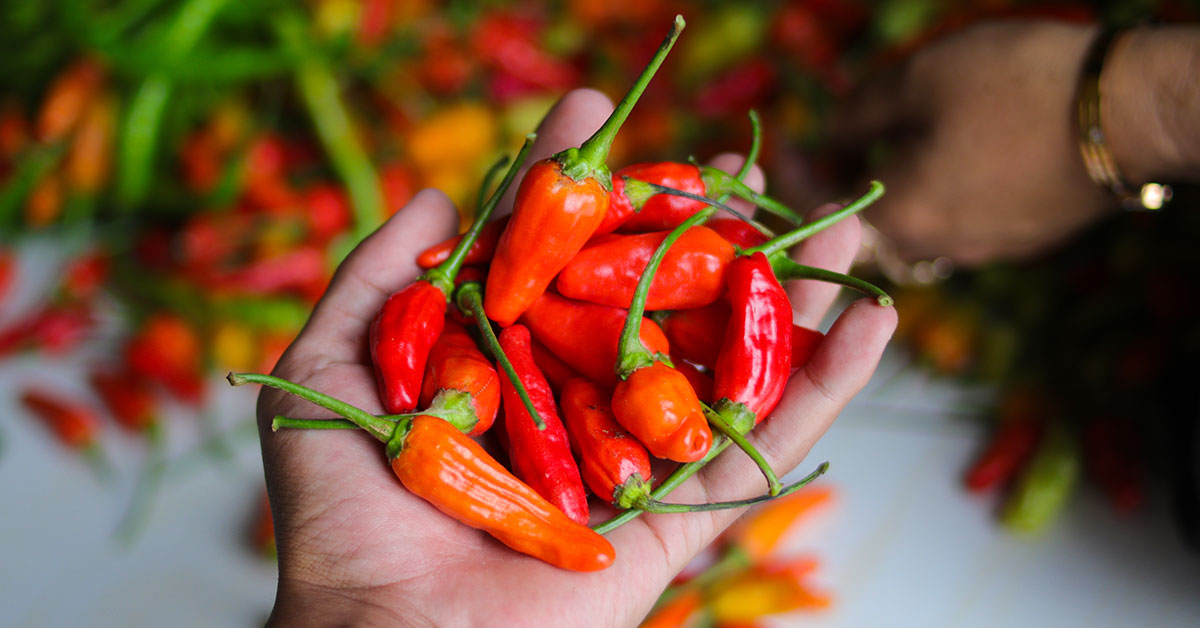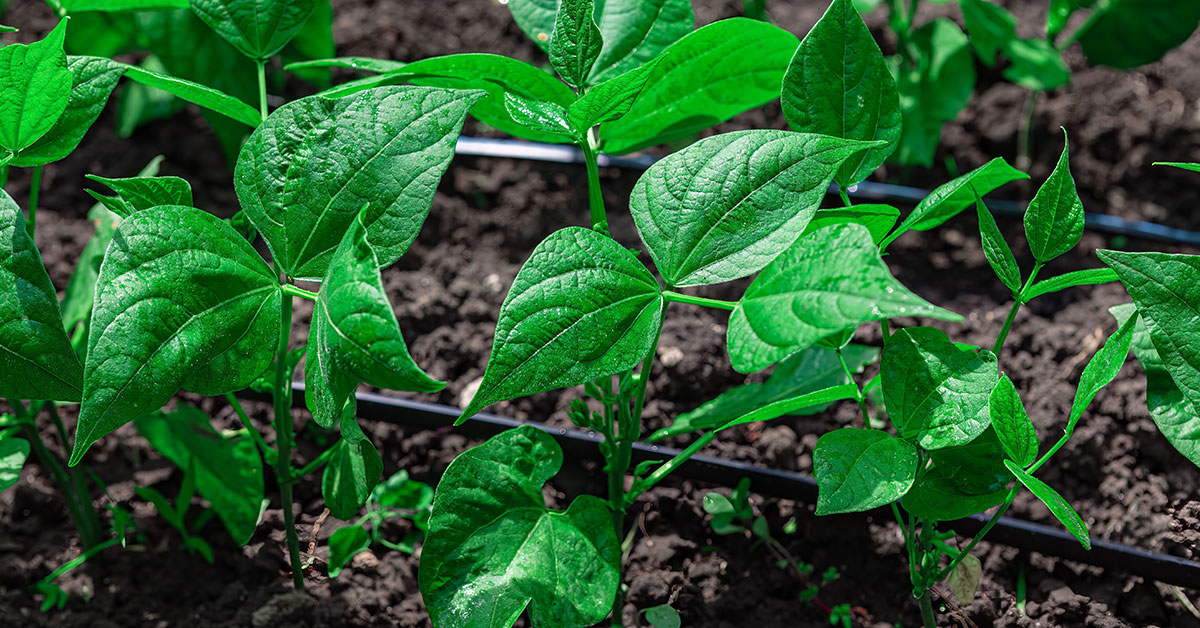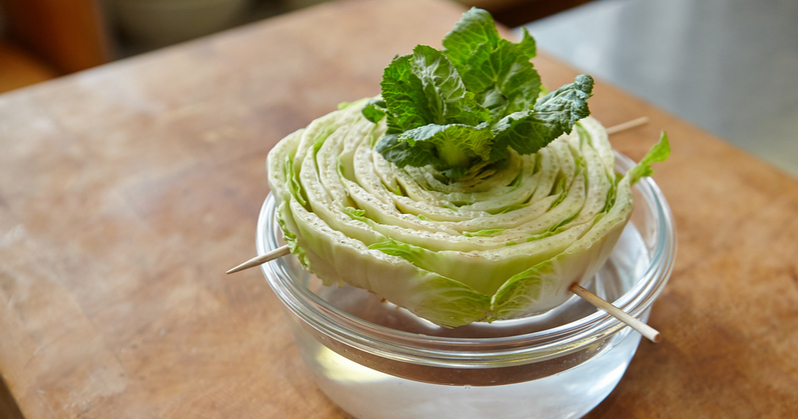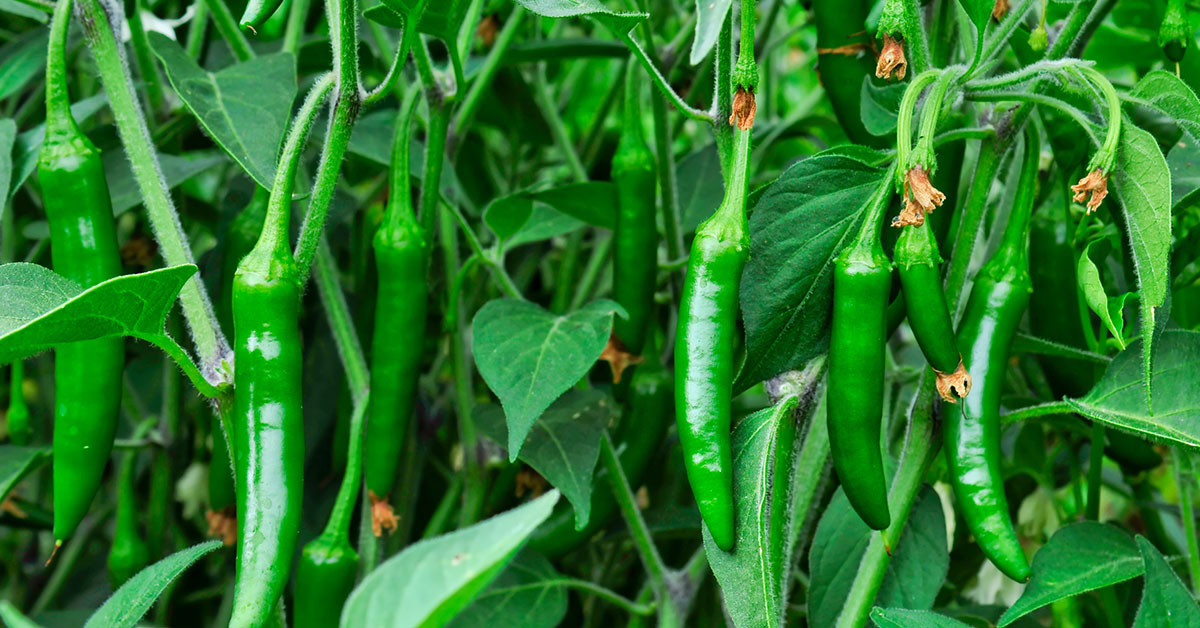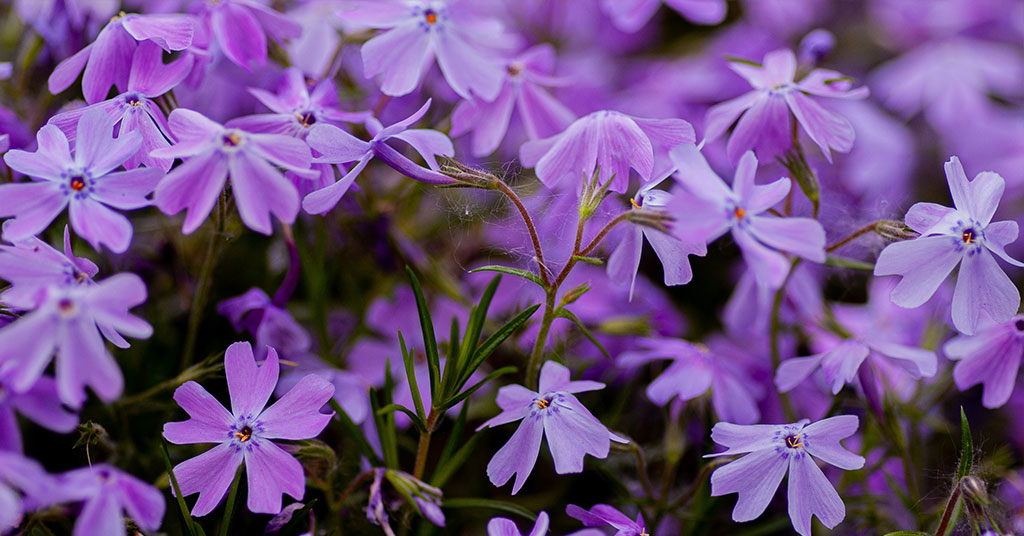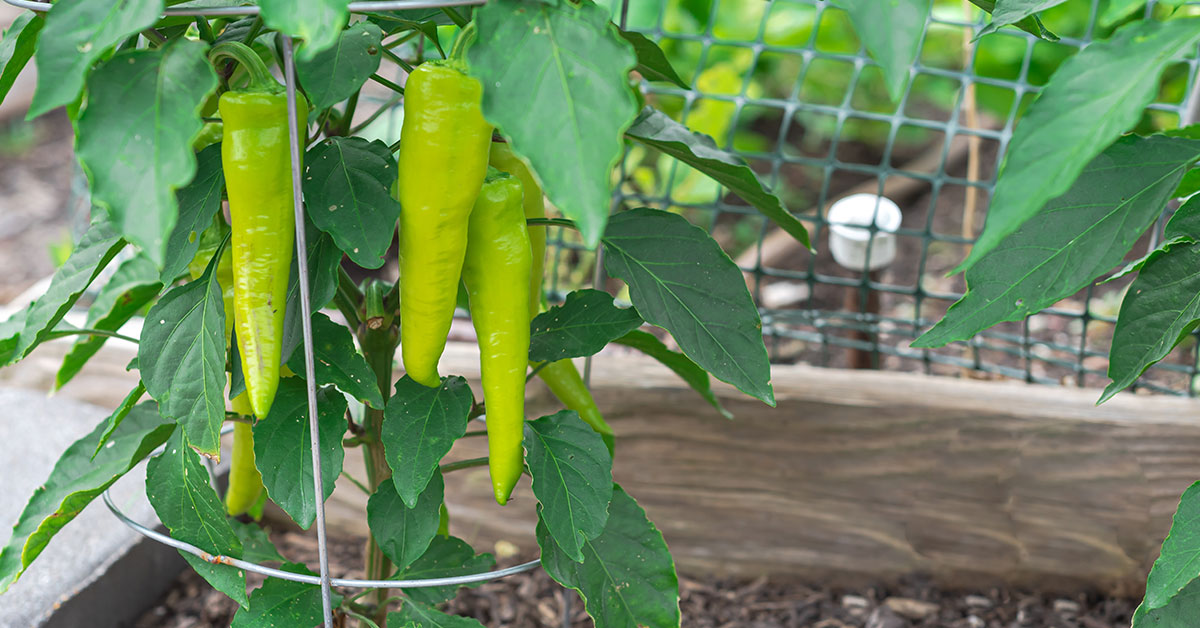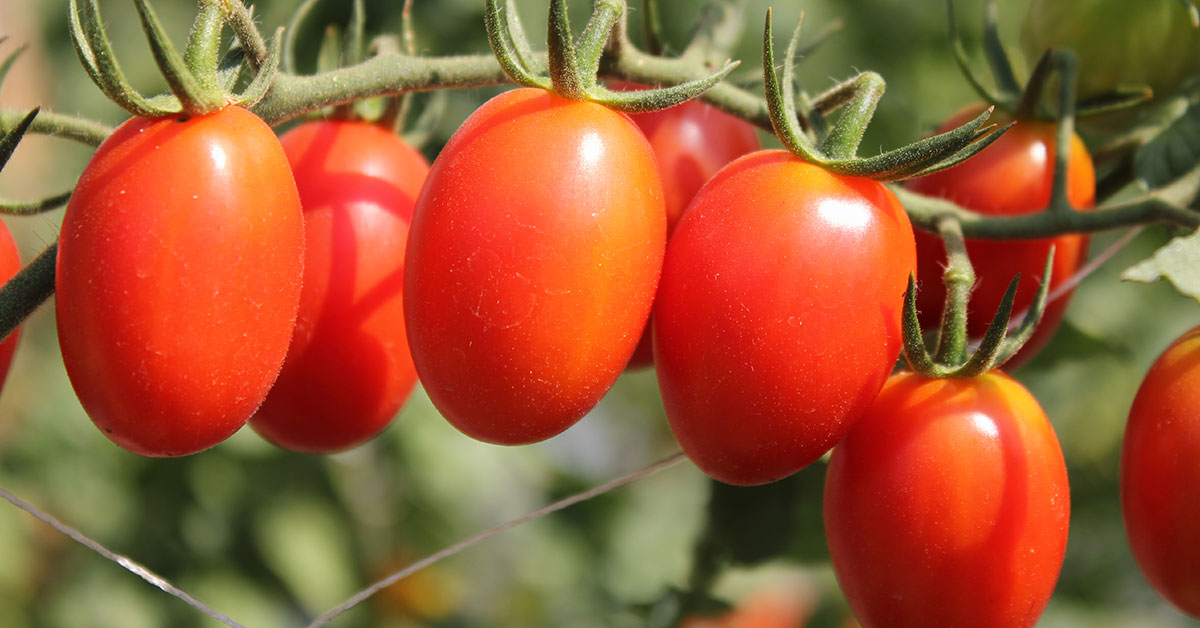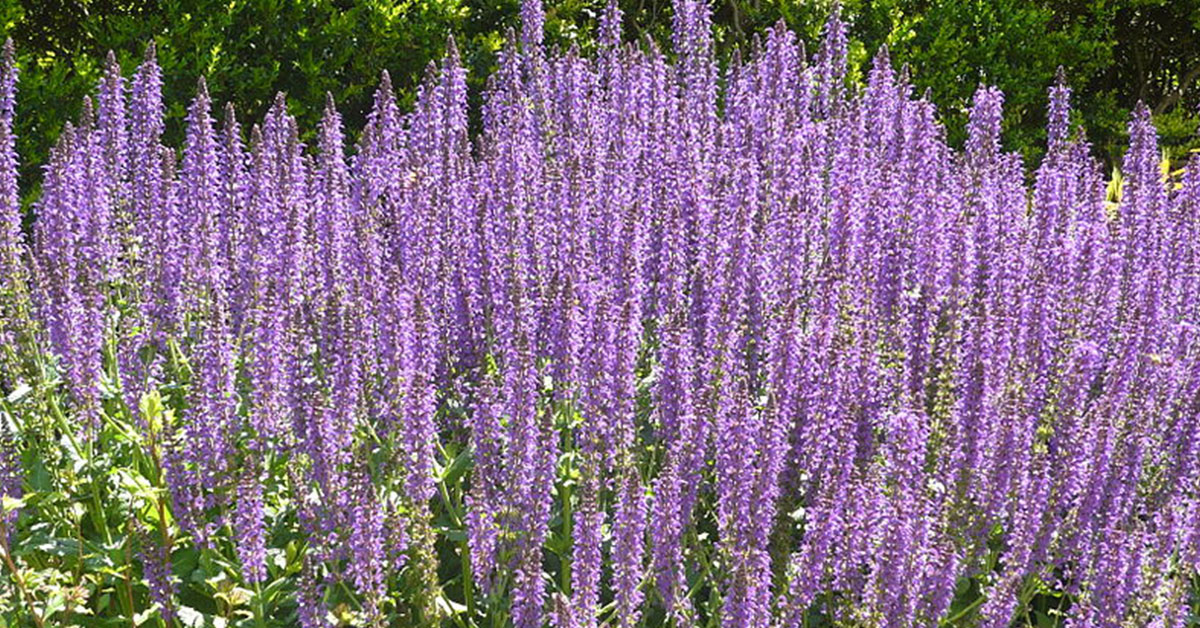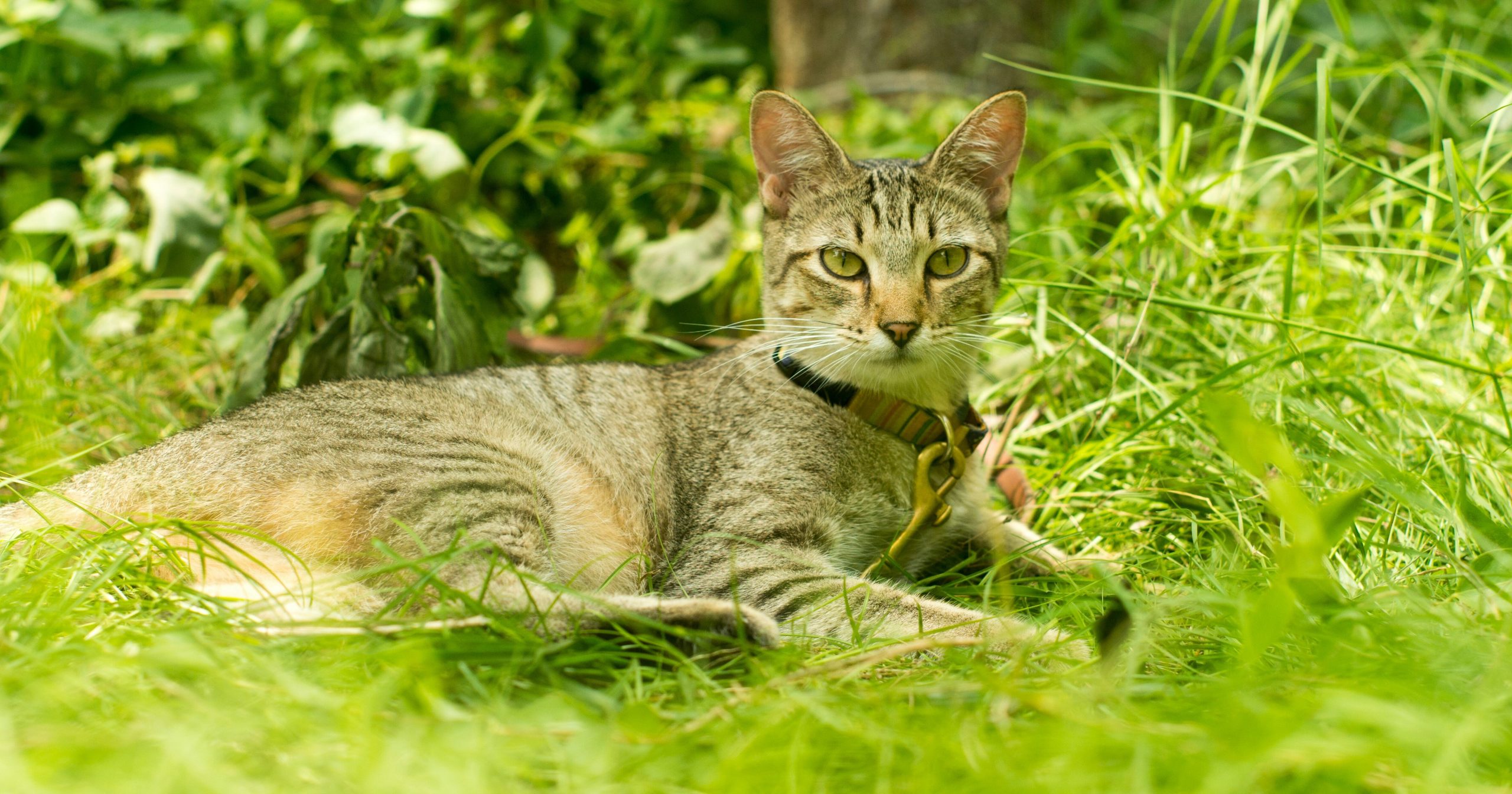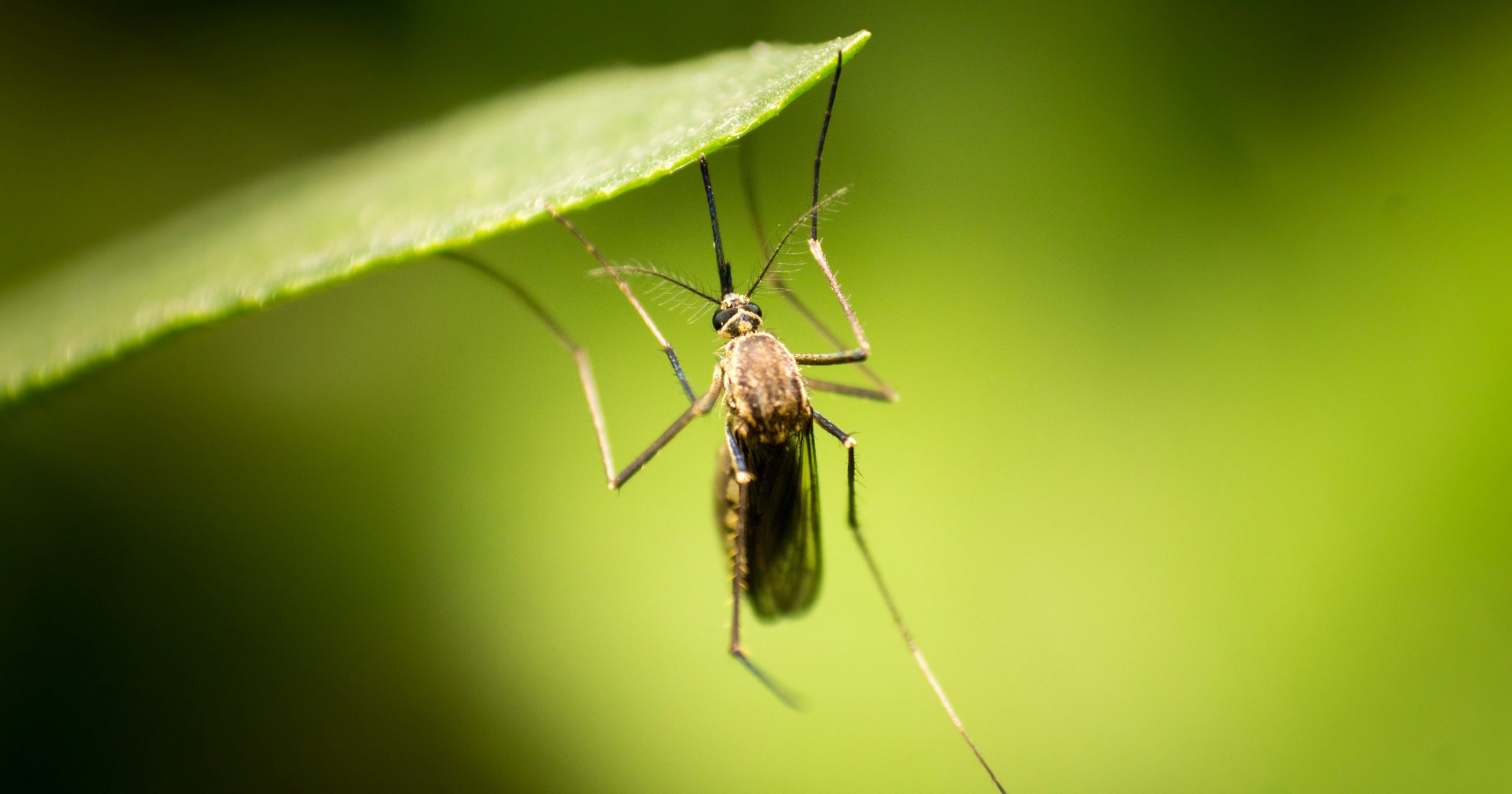Companion planting can be a game-changer for your garden, promoting growth, deterring pests, and enhancing flavor. However, some plant combinations can have the opposite effect, leading to stunted growth, increased pests, or poor yields. Understanding which plants should never be planted together is crucial for maintaining a healthy and productive garden.
In this article, I’ll highlight ten common companion planting mistakes to avoid. By steering clear of these combinations and choosing better companions instead, you can ensure your garden thrives. Let’s dive in and learn how to avoid these disastrous pairings!
Tomatoes and Corn

Tomatoes and corn might seem like they’d grow well together, but they’re a disastrous duo. Both plants attract the corn earworm (also known as the tomato fruitworm), which can wreak havoc on your crops. Planting them together increases the risk of infestation, leading to significant damage and reduced yields.
Instead, consider planting tomatoes with basil or marigolds. Basil can help repel pests and enhance the flavor of your tomatoes, while marigolds deter nematodes and other harmful insects. Corn, on the other hand, pairs well with beans and squash, creating the traditional “Three Sisters” planting method that supports mutual growth and pest control.
Cucumbers and Aromatic Herbs
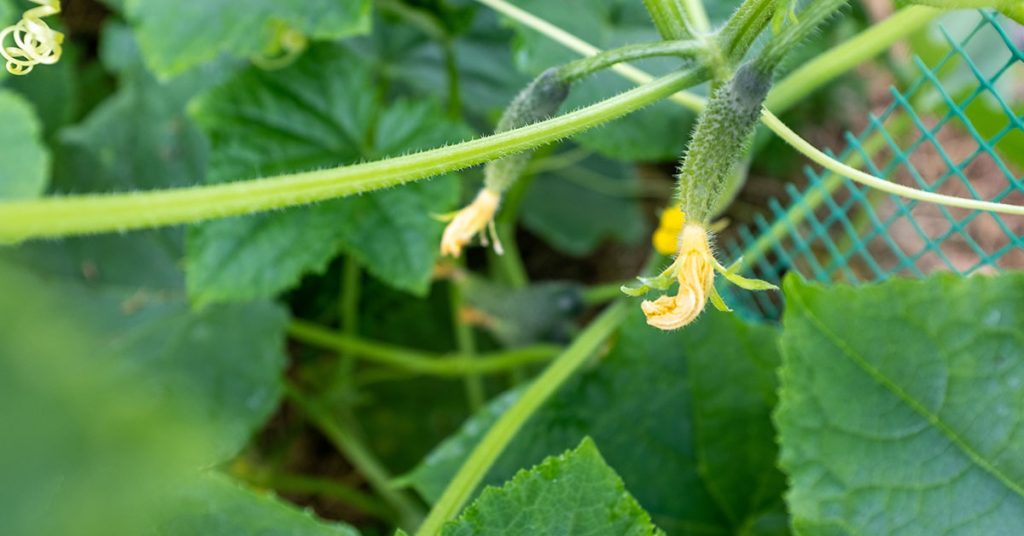
Cucumbers and aromatic herbs like sage and rosemary don’t get along well. The strong scents of these herbs can interfere with cucumber growth, leading to poor development and lower yields. Cucumbers prefer a more neutral environment, free from overpowering fragrances that can stunt their growth.
A better companion for cucumbers is dill, which can actually attract beneficial insects that help control pests. Nasturtiums are also a great choice, as they act as a trap crop for aphids, keeping them away from your cucumbers. This combination ensures your cucumbers grow strong and healthy.
Beans and Onions
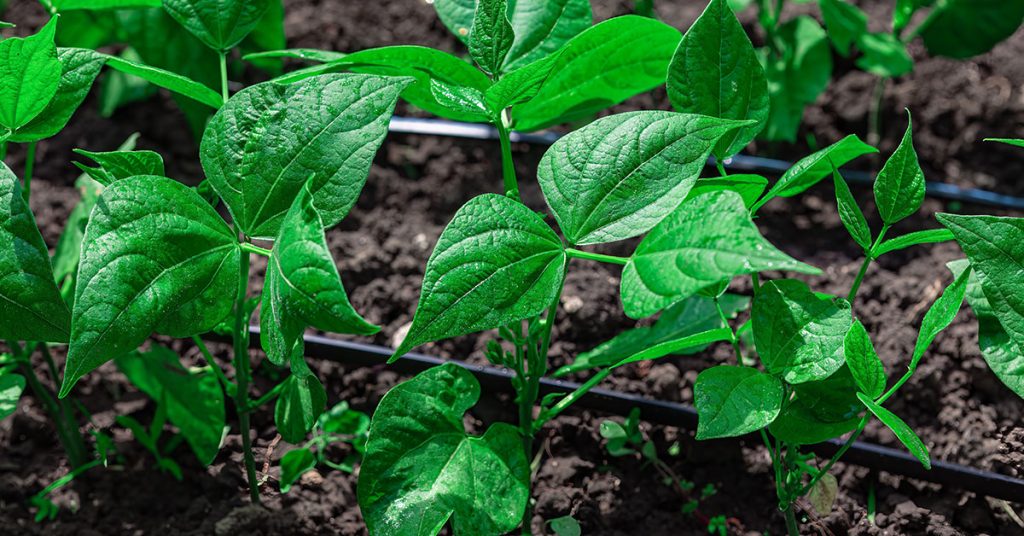
Beans and onions are another pair that should be kept apart. Onions and other alliums, like garlic and leeks, release compounds into the soil that can inhibit the growth of beans. This can result in stunted plants and reduced bean production, which is such a bummer when you’re expecting a bountiful harvest.
Instead, plant beans with carrots or cucumbers. Carrots help loosen the soil, benefiting the bean roots, while cucumbers grow well alongside beans, sharing similar soil and water needs. This harmonious pairing promotes healthy growth and a more productive garden.
Carrots and Dill
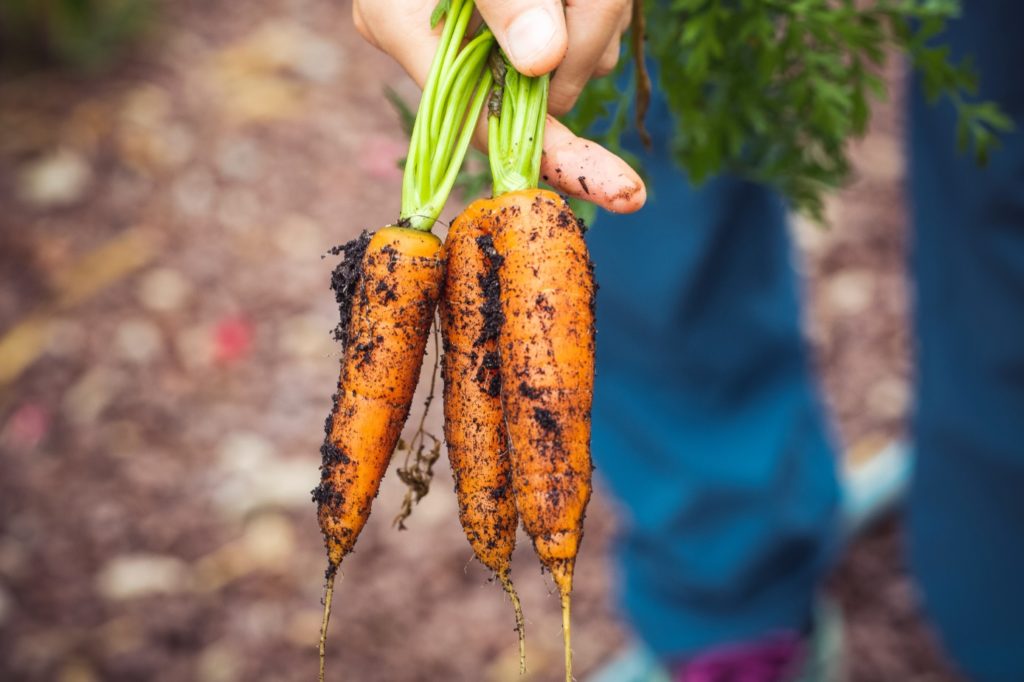
Carrots and dill might seem like they’d go together, but they’re not good companions. Dill can release chemicals that inhibit carrot growth and can also attract pests that are harmful to carrots. This combination can lead to poor carrot development and lower yields, which is frustrating for any gardener.
A better companion for carrots is chives. Chives can help repel carrot flies and other pests, promoting healthier growth. Another excellent option is radishes, which grow quickly and can help loosen the soil for the carrots, leading to better root development and a more productive harvest.
Potatoes and Tomatoes
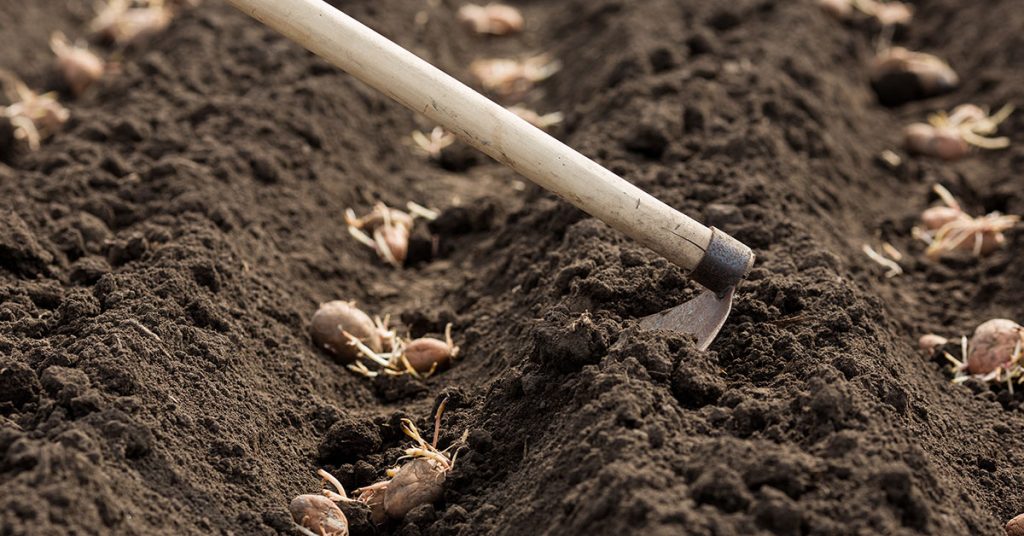
Potatoes and tomatoes should never be planted together. Both plants belong to the nightshade family and are susceptible to similar pests and diseases, such as blight. Planting them together can increase the risk of spreading these issues, leading to significant crop losses and garden headaches.
Instead, consider planting potatoes with beans or cabbage. Beans can help fix nitrogen in the soil, benefiting potato growth, while cabbage can help deter pests that affect potatoes. For tomatoes, basil and marigolds are excellent companions, offering pest control and flavor enhancement.
Peas and Garlic
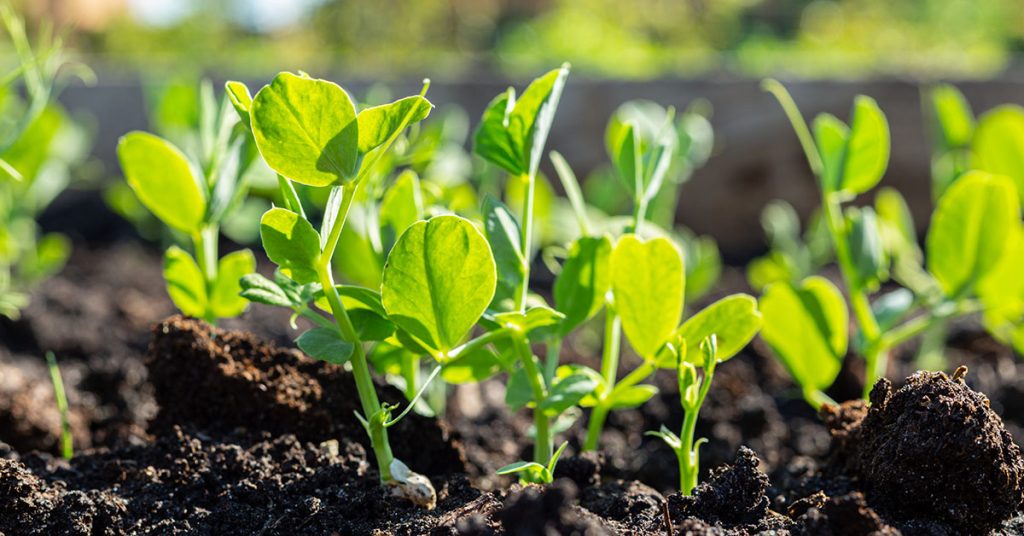
Peas and garlic don’t make good neighbors in the garden. Garlic can release compounds that stunt the growth of peas, leading to poor development and reduced yields. This combination can leave you disappointed with your pea harvest, despite your best efforts.
A better companion for peas is carrots. Peas fix nitrogen in the soil, which benefits carrots, while carrots help break up the soil, allowing pea roots to grow more easily. Another great option is radishes, which can help protect peas from pests and promote healthier growth.
Lettuce and Broccoli
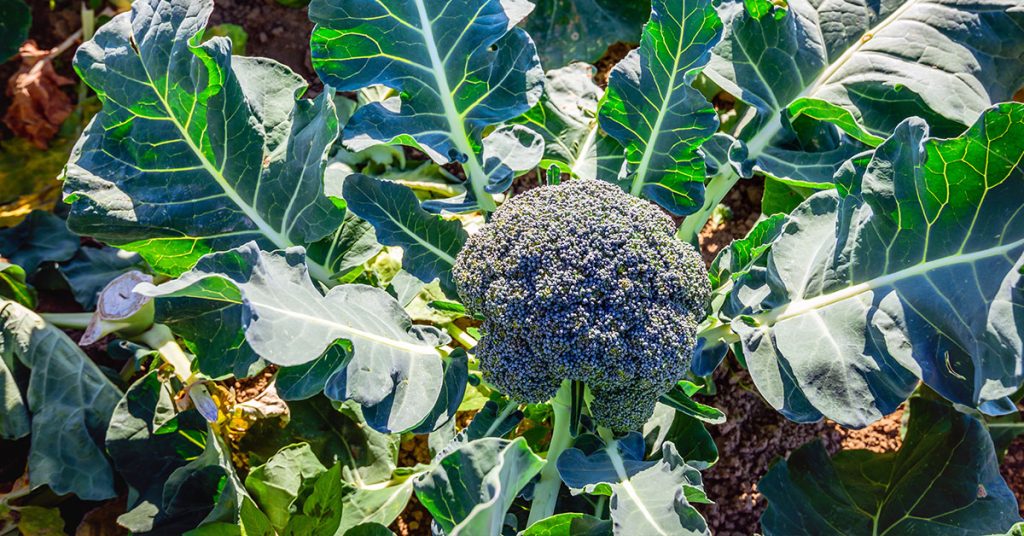
Lettuce and broccoli might seem like they’d grow well together, but they’re not ideal companions. Broccoli is a heavy feeder and can compete with lettuce for nutrients, leading to stunted lettuce growth. Additionally, broccoli can create too much shade for lettuce, which prefers more sunlight.
Instead, plant lettuce with carrots or radishes. These root vegetables grow well alongside lettuce and don’t compete for the same nutrients. Lettuce can also benefit from the shade provided by taller plants like peas, which offer a more balanced environment for growth.
Spinach and Potatoes
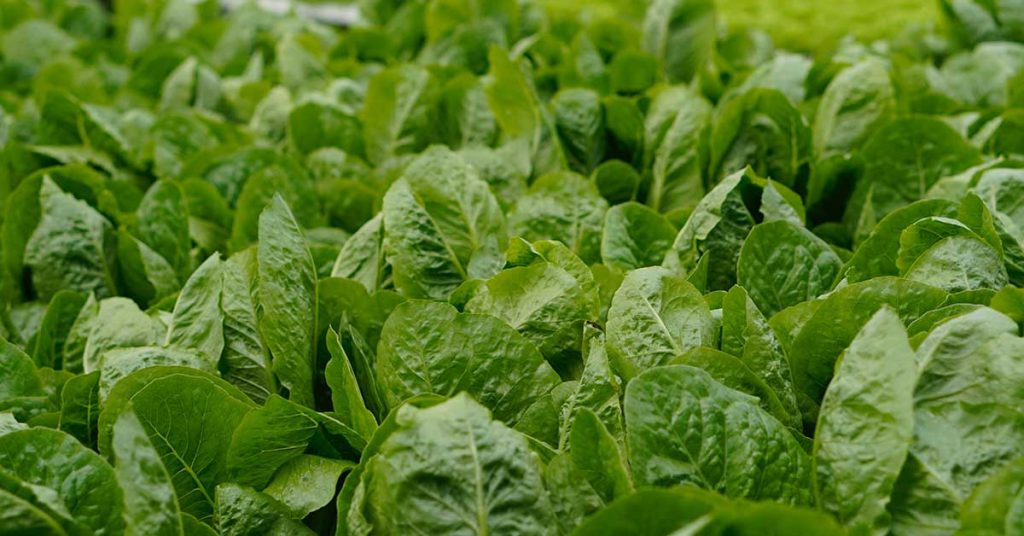
Spinach and potatoes are another pair that should be kept apart. Potatoes can attract pests like aphids and leafhoppers, which can then spread to spinach. Additionally, potatoes are heavy feeders and can deplete the soil of nutrients, leaving little for spinach to thrive on.
A better companion for spinach is strawberries. Strawberries and spinach have similar soil and water needs and can grow well together without competing for resources. Another great option is radishes, which grow quickly and can help loosen the soil for spinach roots.
Fennel and Almost Everything
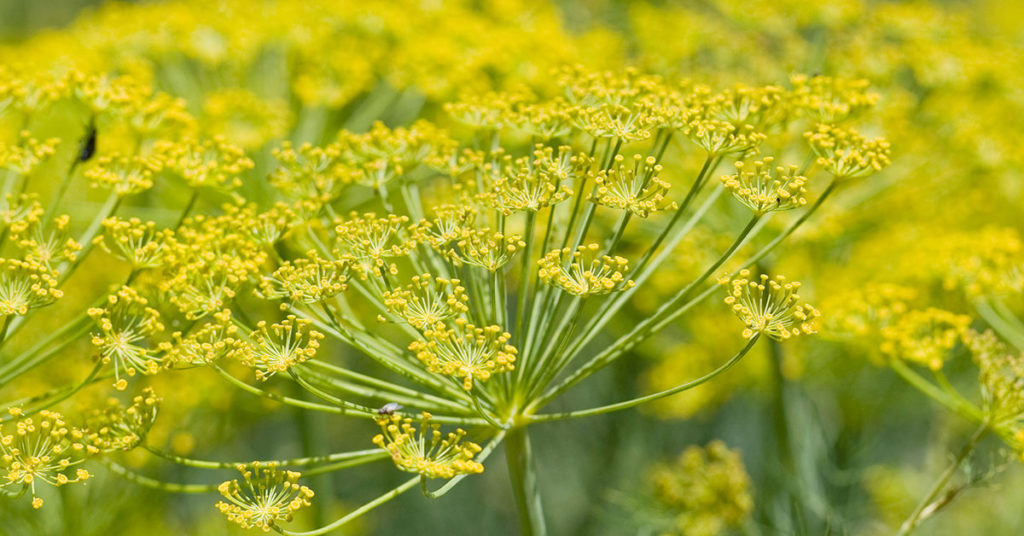
Fennel is a unique herb that should be planted by itself. It secretes chemicals that inhibit the growth of most other plants, making it a poor companion for nearly everything in the garden. Planting fennel with other vegetables can lead to stunted growth and poor yields, which is not what you want in your garden.
Instead, plant fennel in a separate area where it can grow without affecting other plants. If you want to companion plant, try growing it near dill or coriander, which are less affected by fennel’s secretions. This separation ensures all your plants can grow healthily without interference.
Corn and Celery
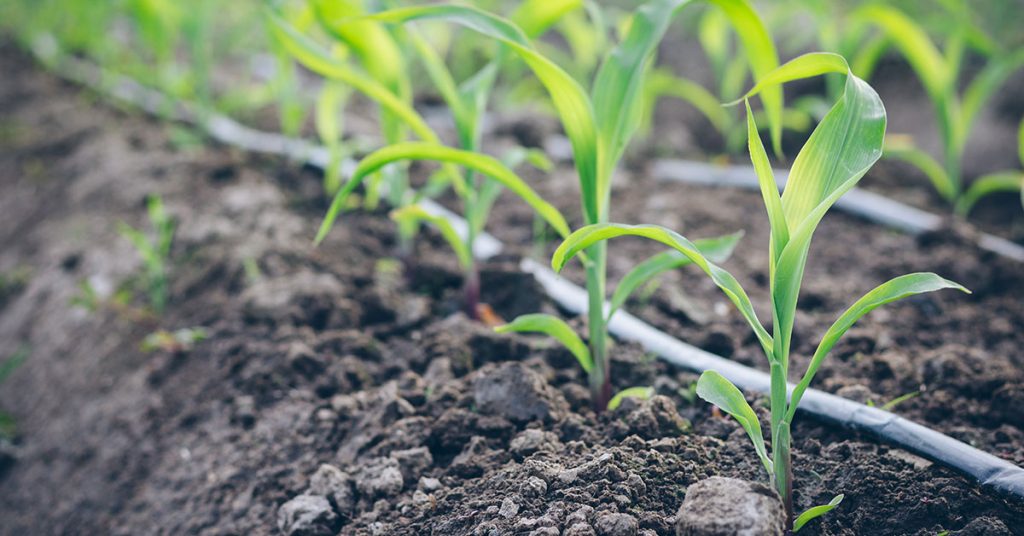
Corn and celery don’t make good garden companions. Corn can overshadow celery, depriving it of the sunlight it needs to grow. Additionally, both plants are heavy feeders and can compete for nutrients, leading to poor growth and reduced yields for both crops.
A better companion for celery is beans. Beans can help fix nitrogen in the soil, benefiting celery, while celery can help deter pests that affect beans. For corn, consider planting squash or beans as part of the “Three Sisters” method, which creates a mutually beneficial growing environment.
Companion planting can be incredibly beneficial, but it’s important to avoid these common mistakes to ensure a healthy, productive garden. By choosing better companions like basil for tomatoes or carrots for peas, you can promote growth, deter pests, and enhance your harvest.


